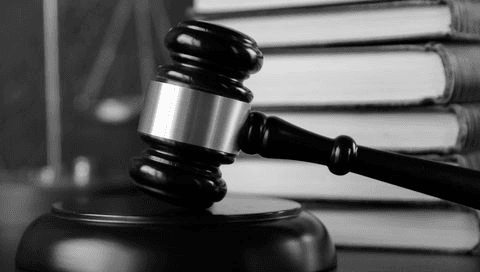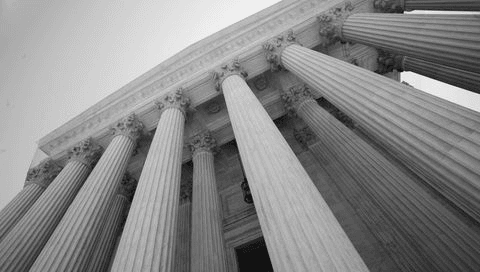Apple’s obviousness defense was based on the fact that all of the individual claim elements were known in the prior art. The only question left for resolution was whether one of ordinary skill would have combined the various elements. In its opinion, the court noted that “[t]he Federal Circuit routinely finds that the objective prong of the willful infringement claim is not met where the defendant’s obviousness claim rests on the combination of known elements.”
Prior to the jury trial, Apple had filed an inter partes review petition, arguing that the asserted claims were obvious. The PTAB, however, denied institution, holding that there was not a reasonable likelihood that Apple would prevail with respect to at least one of the challenged claims. Likewise, the jury rejected Apple’s obviousness defense at trial.
During JMOL briefing, Plaintiff argued that the PTAB’s denial precluded Apple from arguing that its obviousness defense was objectively reasonable, because the PTAB’s “reasonable likelihood” standard is lower than the “clear and convincing evidence” standard to prove invalidity in district court. The court, however, rejected this argument, noting that the “PTAB did not consider whether this defense was objectively reasonable or raised a substantial question.” Although Apple’s defense was ultimately unsuccessful, the court, nonetheless, found that it raised a substantial question as to the validity of the asserted patent, and therefore foreclosed plaintiff’s claim of willfulness.
Wisconsin Alumni Research Found. v. Apple Inc., No. 3-14-cv-00062 (W.D. Wis. October 15, 2015)




